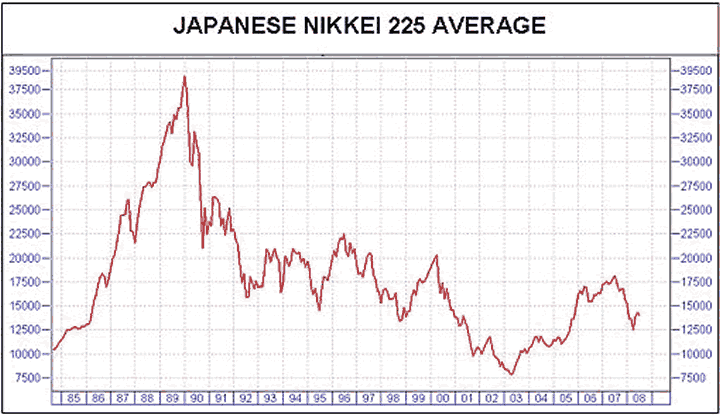It looks like you're new here. If you want to get involved, click one of these buttons!
You basically have a commodity fund that behaves like a 3x fund and a handful of other okay/so-so funds. Frank Holmes is well-researched in terms of commodities, but at some point they could have produced a nat resources fund that doesn't seem as if it's on steroids.Next crash. GROW goes to $0.25. Buy, sell at $2.50. That's my plan. Of course it would mean I buy a stock after like forever. And I have a history of buying stocks of companies that go bankrupt. But hey, if I don't bind it, maybe someone will and they will bless me.
People who complain about things like this are labeled as "doomers" until the issue can't be ignored and then we hear about it as a "crisis" and the financial media of course goes, "who could have known?"I found this one pretty damning from a June speech he gave to the CFA Society:
"Capital formation, as this process is known, is largely represented by the raising of equity capital for new and existing companies. In recent years, total public stock issuance (IPOs, etc.) has averaged some $250 billion annually. On the other hand, during the same period, the annual volume of stock trading has averaged $35 trillion. Thus, capital formation has represented just 7/10ths of 1% of the activities of our financial system, trading activity 99.3%. And much of that trading, to state what must be obvious, has nothing to do with long-term investment. In fact, much of that frenzied activity is merely short-term speculation. Our challenge is to return long-term investing to its starring role in the financial movie, not merely as a co-star or in a cameo role, nor as a mere extra."
What does this say about the functioning of our capitalist system to spur job creation, innovation and true economic growth when so much money is devoted to just paper trading hands and so little is actually devoted to new capital formation?



© 2015 Mutual Fund Observer. All rights reserved.
© 2015 Mutual Fund Observer. All rights reserved. Powered by Vanilla